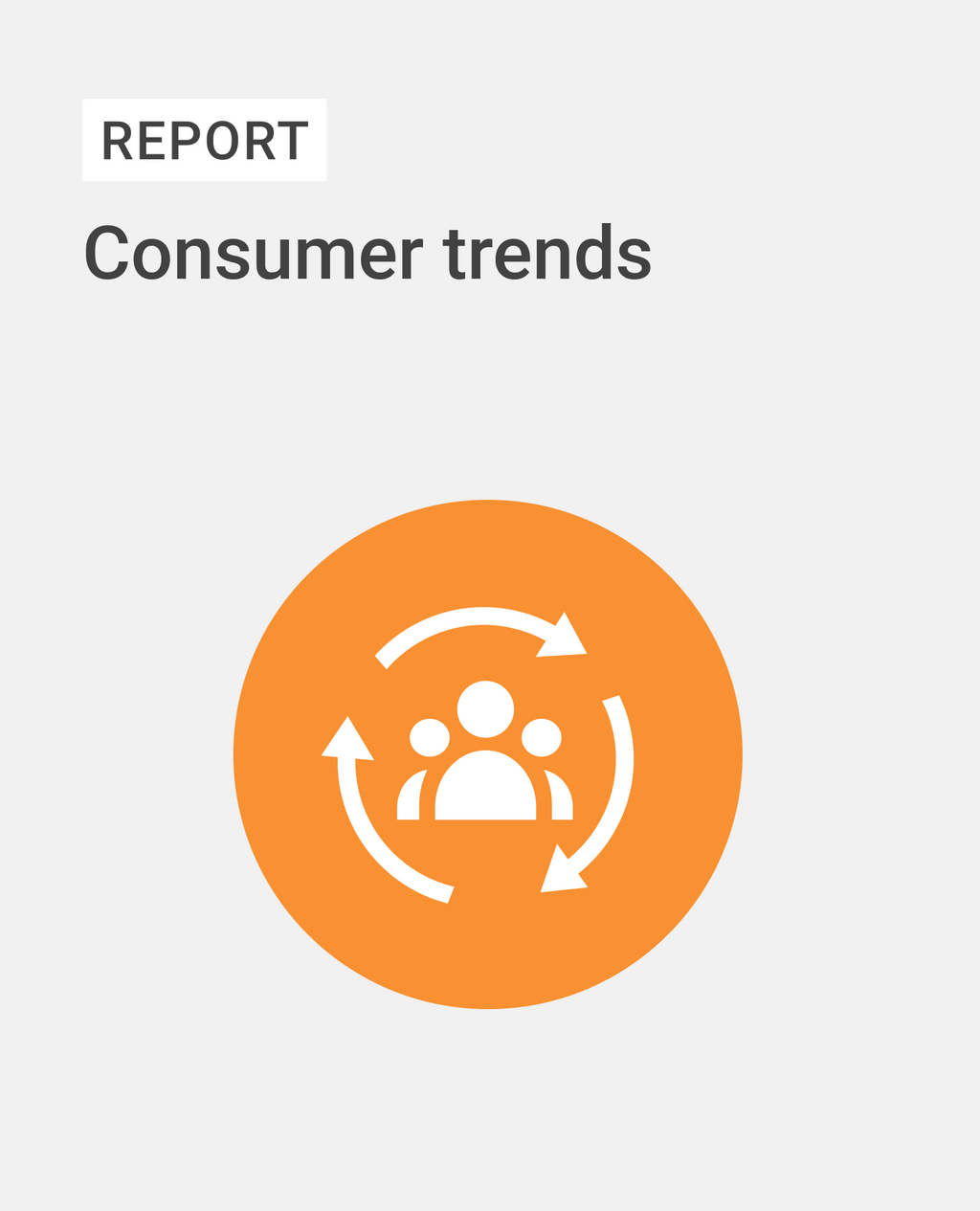The 20 Most Liked Posts on Instagram
By Gemma JoyceJul 19
Join us and boost your social media potential with our data-led event
Published March 17th 2023
The world of consumer trends is always evolving. Tapping into these trends allows brands to adjust their strategy to stay relevant.
Here’s what you need to know to stay ahead of the competition.
The cost of living was more than a hot topic last year; it was a game changer for consumer behavior. With thousands of mentions taking place on social media every day, let’s see how it’s changing the consumer experience.
We used Brandwatch Consumer Research to discover which topics lead the cost of living conversation online. We found that the biggest themes include rent, salary, expenses, and increased gas prices. Food is also a noticeable topic of conversation, with consumers discussing rising food prices at grocery stores and restaurants.
So, how are these areas impacted? Rent is an interesting one. A UK survey found that a third of Britons worry about their ability to pay their rent or mortgage. This is replicable across the US, too, after 60% of renters saw a rent increase during the past year.
With rent being a priority, people are moving out of cities – especially in the UK. From more flexible working conditions to the high cost of living, more and more people are moving to save money. Brands might want to keep this in mind by investing heavily in online retail experiences and digital marketing to keep hold of this customer base.
In the wake of Gen Z’s impact on social media, young people are influencing buying behavior like never before. And they care about inclusivity.
In fact, 48% of Generation Z are racial or ethnic minorities. Brands need to keep this in mind when marketing to younger generations. Gen Z wants to be heard, and they’re quick to praise the brands that listen.
So, which industries need to adapt the quickest? Consumers who mention inclusivity are most likely to talk about the fashion, technology, and entertainment industries. The high volume of discussion around fashion and inclusivity makes a lot of sense, as fashion is an important part of expressing your identity and personality. With 85% of Gen Z thinking about buying more gender-neutral clothing, missing out on this opportunity could make or break fashion brands.
This year, companies should prioritize inclusivity in all their activities. Otherwise, they risk getting left behind.
From flexible working to the 4-day workweek, work-life balance has been a booming topic post-pandemic. And the stats don’t lie. People Management found that two-thirds of employees would take a pay cut for a better work-life balance. With this in mind, companies need to act fast to retain talent.
The work-life conversation is a global one. In Kenya, a new bill is set to be read in Parliament later this month, which would block employers from contacting workers after hours or on weekends. This is called the ‘right to disconnect,’ and similar laws have been implemented in Italy, Belgium, Spain, and Ireland.
Workers are forcing employers to reevaluate their processes and to respect their time away from work. Companies that ignore these trends face losing valuable employees.
COVID-19 increased generalized anxiety disorders by 25% in the global population. And in the aftermath of the pandemic, treating this anxiety has become a priority for many. From microdosing to meditation, consumers are exploring new methods to keep their mental health in shape.
At the forefront of the conversation is how increased screen time impacts children’s mental health. Gen Z is the first generation to grow up online, and experts are worried about how this will affect self-esteem, relationships, and lifestyle habits.
Social media has been criticized in the mental health conversation. Studies show that the more time teens spend on social media, the worse their mental health is. So, how can brands combat this worrying fact?
If teens are your key demographic, try incorporating a focus on mental health into your social media strategy. Direct followers to resources to help with self-esteem, and promote positive mental health strategies on your platforms.
In 2023, consumers will be looking for more ways to protect their own data. With the rise in data breaches and online scams, people are increasingly worried about how companies use their information – and how they can keep it safe.
Using Brandwatch Consumer Research to explore sentiment, the conversations about data privacy became increasingly negative in 2023 and hit an all-time high. In fact, negative mentions increased by 33% in 2022 compared to 2021, with anger being the most expressed emotion.
Brands that don’t prioritize data security risk exposing customer data to third parties which can cause huge backlash. Companies should express their intent to keep data safe to appease the increasingly concerned consumer.
Offering up analysis and data on everything from the events of the day to the latest consumer trends. Subscribe to keep your finger on the world’s pulse.
Discover the latest trends in health and wellness, the cost of living crisis, consumer shopping behavior, and much more..

Existing customer?Log in to access your existing Falcon products and data via the login menu on the top right of the page.New customer?You'll find the former Falcon products under 'Social Media Management' if you go to 'Our Suite' in the navigation.
Brandwatch acquired Paladin in March 2022. It's now called Influence, which is part of Brandwatch's Social Media Management solution.Want to access your Paladin account?Use the login menu at the top right corner.